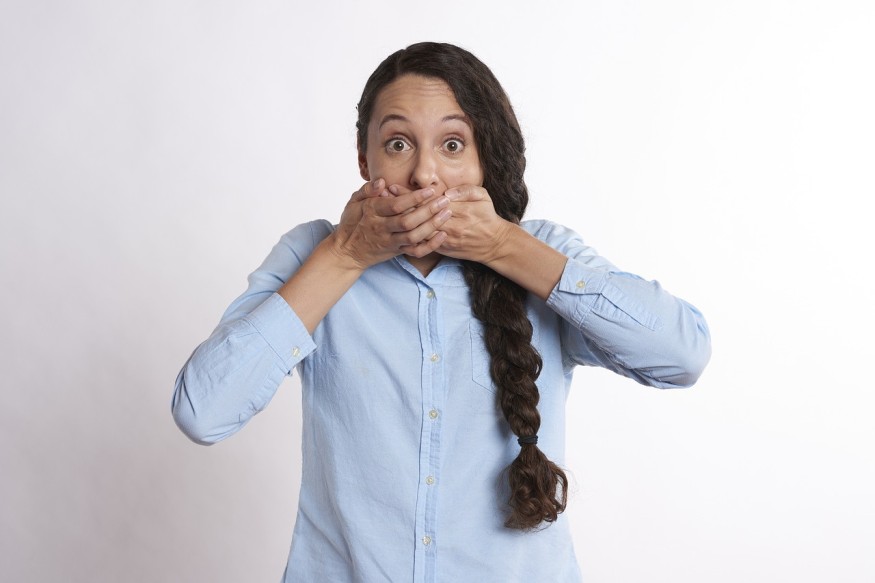
Hiccups are common experiences that surface every once in a while. While they could be funny once or twice, they may end up annoying and troublesome when they continue. But what exactly causes hiccups, and what can be done to stop them?
Why Do You Hiccup?
Hiccups are repeated sudden movements or spasms of the diaphragm, which is a muscle that separates the stomach area from the chest and serves a crucial role in breathing. These spasms or movements cannot be controlled. A spasm within the diaphragm could lead to the sudden closing of the vocal cords, leading to the "hic" sound.
There are various possible reasons and causes for hiccups. Some have a physical nature, while others may have psychological or emotional roots. This is due to how the irritation occurs in the nerve that connects the diaphragm to the brain.
Some of the common causes of hiccups are eating too quickly or excessively, feeling excited or nervous, stress, consuming too much alcohol, drinking carbonated drinks, swallowing air while chewing gum or sucking candy, or experiencing sudden temperature changes. There are also cases where hiccups signify an underlying medical condition.
In most cases, hiccups only persist for a couple of minutes. It is rare for hiccups to last for months. When they remain for long periods, hiccups can lead to extreme tiredness and weight loss.
As for long-term hiccups, this is typically due to aggravation or damage to the nerves that are linked to the diaphragm. These nerves can be affected by different things.
Hiccups that persist for prolonged periods can also be due to disorders in the central nervous system, such as meningitis or encephalitis. It can also be due to metabolic conditions, such as kidney failure or diabetes. Some drugs, such as steroids, or tranquilizers can also lead to persistent hiccups.
There are even procedures, especially those that involve anesthesia, that can lead to hiccups.
In cases where individuals hiccup for over two days or if these hiccups are severe enough to affect breathing, eating, sleeping, or lead to distress, it is advised to see a doctor.
How To Stop Hiccups
In most cases, hiccups go away without the need to have any medical treatment. While there is no scientific proof that certain remedies work, such as hanging upside down or getting scared by a friend, some experts believe that holding one's breath or breathing to a paper bag could help with this. Such techniques make CO2 build up within the lungs, which could end up relaxing the diaphragm.
For hiccups that persist for over two days, certain procedures or medicines may work. The doctor may try prescribing various medications that may end the uncomfortable hiccuping.
RELATED ARTICLE : What's Causing The Loud Breathing When We're Asleep?
Check out more news and information on Medicine & Health in Science Times.










